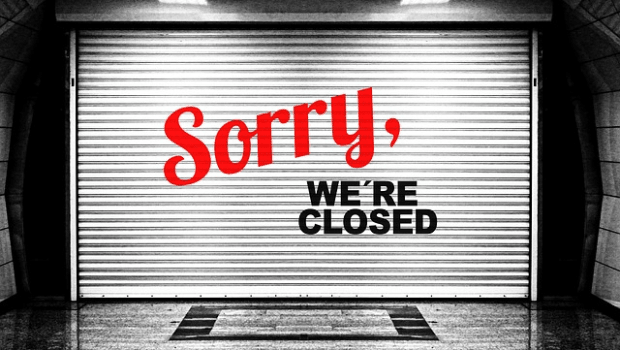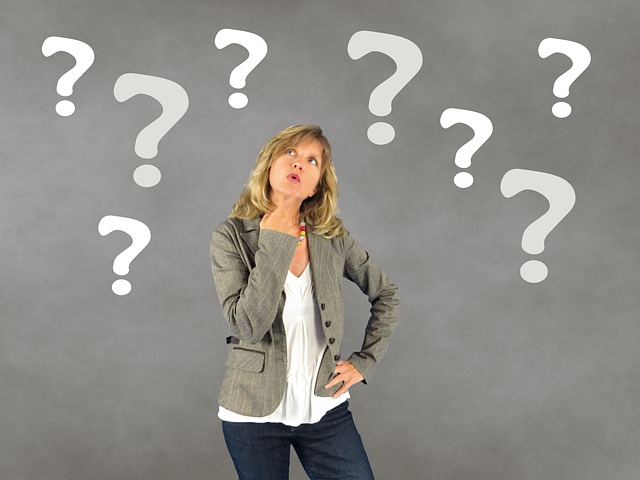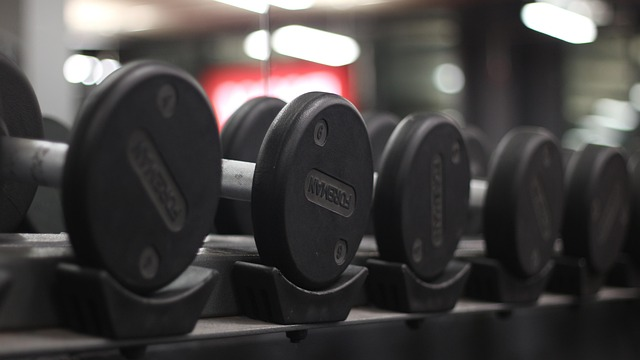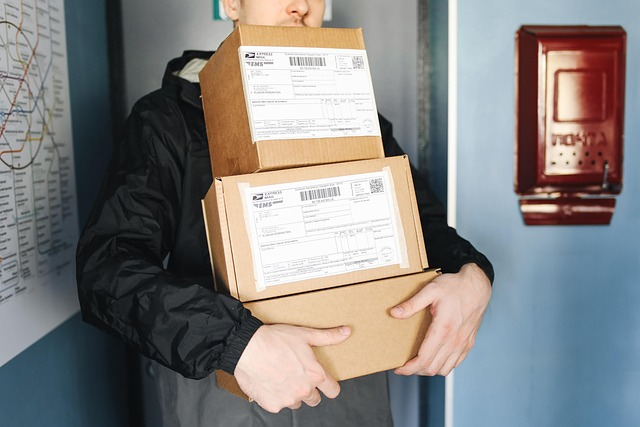-

-
Published on
12/03/2020
by Any Business.Com.Au
The effect of coronavirus (COVID-19) on businesses
As Australia toils with the possibility of closing schools, universities and public events to avoid an outbreak of the much-publicised coronavirus (COVID-19) we thought it was time to take a look at how it is affecting small businesses across the country.
With local cases now passing the 100 mark, there is a real chance that Australia will close its borders to travellers in the near future, creating a negative knock-on effect for businesses who have already suffered significant losses due to the recent bushfire crisis.
Massive impact on industries
A little over a week after the Australian Government stopped all direct commercial flights to China in early February the COVID-19 had already hit several industries.
According to figures, around two-fifths of manufacturers were already reporting being affected, closely followed by a third of education and training businesses and those in the wholesale industry.
Other industries to already be feeling the effects of the coronavirus include Accommodation and food services such as travel and tourism businesses, community services, administrative and support services and property and business services.
COVID-19 has affected businesses as workers, or students, have been quarantined and kept away from work/study; the impact on supply lines for the import or export of goods and parts to and from China.
The decline in forward bookings from Chinese tourists and cancellations by customers in Asia as well as lower foot traffic in stores has further contributed to the huge affect on local businesses.
Background
Australia is continuing to closely monitor an outbreak of respiratory illness caused by a novel (new) coronavirus (COVID-19) first identified in Wuhan, Hubei Province, China.
Coronaviruses are a large family of viruses that can cause illnesses from the common cold to more severe diseases such as Middle East Respiratory Syndrome (MERS-CoV) and Severe Acute Respiratory Syndrome (SARS-CoV).
The World Health Organization (WHO) has now declared the outbreak of COVID-19 as a pandemic.
While the majority of confirmed cases of COVID-19 have been reported from mainland China, cases have been reported in many other countries and regions, including Iran, Italy and the Republic of Korea.
As reported above, cases of COVID-19 have been confirmed in Australia. You can access the latest information on COVID-19 from the Australian Government Department of Health.
Currently in Australia, people most at risk of contracting the virus are people who have:
- been in a high-risk country or region recently, or
- been in close contact with someone who is a confirmed case of coronavirus
Managing the business risks from COVID-19
The model Work Health and Safety (WHS) laws require a person conducting a business or undertaking (PCBU) to ensure, so far as is reasonably practicable, the health and safety of their workers and others at the workplace.
This includes providing and maintaining a work environment that is without risk to health and safety.
To comply with the model WHS laws, PCBUs must identify hazards at the workplace and the associated risks, and do what is reasonably practicable to eliminate those risks, or where this is not reasonably practicable, to minimise those risks.
Whether a control measure is reasonably practicable to implement involves consideration of what is able to be done to manage a risk and whether it is reasonable in the circumstances to do so.
The likelihood of the risk occurring, the degree of harm that might result and the availability and suitability of a control measure are key considerations in determining what measures are reasonable.
Exposure to COVID-19 is a potential hazard for workers and other people at workplaces. PCBUs must have measures in place to protect worker health and safety and manage these risks.
PCBUs need to keep up to date with the latest COVID-19 information and advice to ensure that any action taken is measured and appropriate. This includes closely monitoring the Australian Government Department of Health, the Smartraveller website and any advice from state or territory government agencies.
* compiled with information from The Age
Related articles



